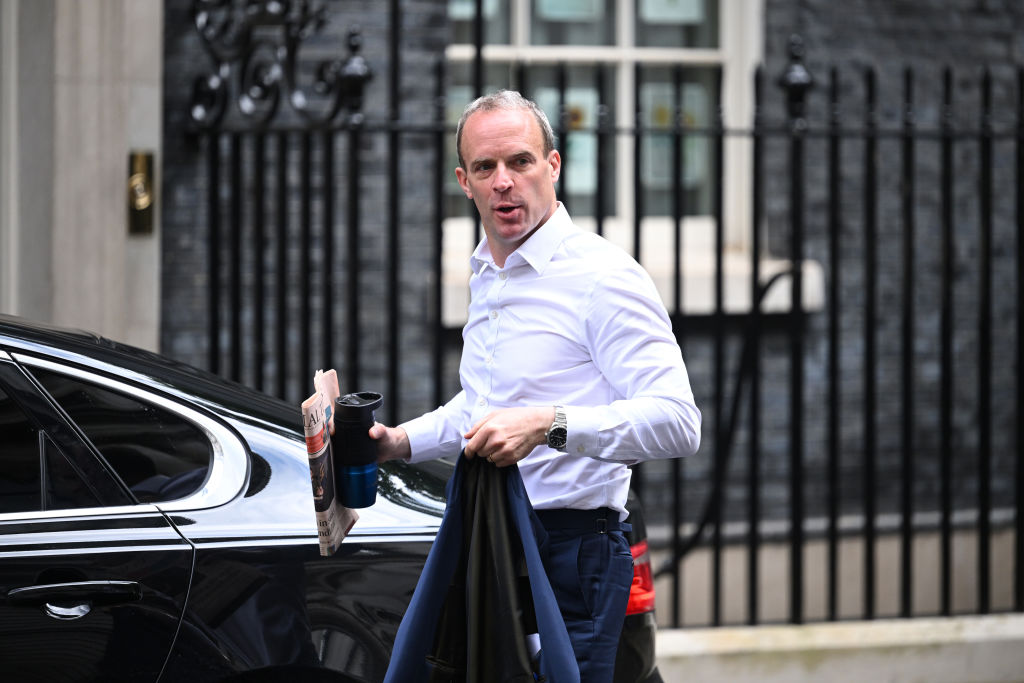Raab’s plans for a Bill of Rights will turn the British courts into a political storm

IN 2019, the Conservative Party’s manifesto promised reform to the Human Rights Act (HRA), and last Wednesday we finally saw it: the new Bill of Rights. Rather than “enhancing human rights protection” as Dominic Raab has described, it represents a considerable lessening of our liberties in the UK. It shows a government scrambling to find its own priorities and wasting time doing so.
Many areas of the bill are simply repeating Constitutional Law 101. In the instances it does change, there is cause for concern. For example, two important sections of the HRA will be scrapped, notably the judicial duty to interpret domestic law in line with rights provided under the European Convention of Human Rights (ECHR) as far as possible. Thus far, this has been extremely useful for the courts. Ironically, it has enabled a respect for parliamentary sovereignty, rather than instilling too much power in the courts.
Where a law is contrary to the provisions of the convention, the courts are empowered to declare so, ordinarily resulting in Parliament amending the statute. However, since this task is deeply political, the courts have avoided this by interpreting statutes creatively to avoid the declaration of incompatibility, ensuring that litigants human rights are protected without needlessly undermining parliamentary soverignty. The alternative won’t allow them to skirt such a declaratiom, and will engender a more political Supreme Court to come about.
The repeal of section three of the HRA will harm our human rights protection more directly. Of course, prior to the passing of the HRA, rights were still protected under the Convention, but the extent this was recognised in English law was limited.
Previously, they merely asked whether a violation of convention rights had an apparent justification – without asking if this justification was valid. For example, in a case in the late 90s, against the Ministry of Defence, known as R v Ministry of Defence, ex p Smith, held that a ban on homosexuality in the Armed Forces was sufficiently justified. There was no question of whether the justification was fair – just that it existed. The Strasbourg Court eventually intervened.
Other elements are equally alarming. For instance, access to justice for those currently imprisoned is made harder; the courts must now give the greatest weight to public protection. This is relevant to the famous Belmarsh 9 case. Here, nine prisoners were detained under now-repealed legislation, after the Home Secretary allowed them to be held pending deportation. Except there was a hitch: the UK lacked a deportation agreement with their country of origin, creating a situation of eternal imprisonment without trial. The legislation, thankfully, was declared incompatible with the defendant’s right to justice, but it was motivated by genuine post-9/11 security concerns.
Under the new Bill of Rights, such an appeal could be deemed legitimate, based on the fact the justification exists. Without that protection, people face a purgatory of prison without trial.
Many may sympathise with elements of the Bill. The Conservative Party is trying to crack down on the use of a “right to family life” being widely interpreted to prevent deportation orders. But that does not suffice to justify the plans on the whole. At its heart, the Bill makes it more difficult for people to protect the rights they are entitled to. It makes it more likely the Strasbourg Court will seek to intervene, not less. The government must go back to the drawing board, and rethink what they are doing.
